Unitary state
A unitary state is a state governed as a single entity in which the central government is ultimately supreme. Unitary states stand in contrast with federations, also known as federal states.
| Part of the Politics series | ||||||||
| Basic forms of government | ||||||||
|---|---|---|---|---|---|---|---|---|
| Power structure | ||||||||
|
||||||||
| Power source | ||||||||
|
||||||||
| Power ideology | ||||||||
|
||||||||
| Politics portal | ||||||||
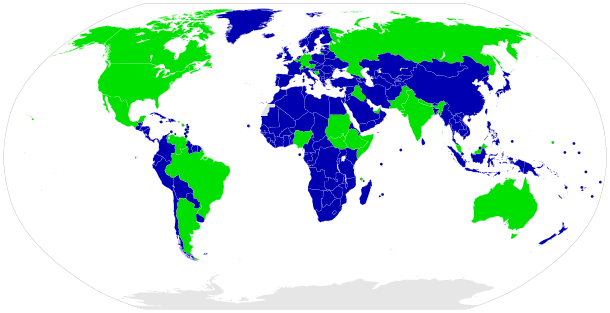
Overview

In unitary states, the central government may create (or abolish) administrative divisions (sub-national units).[1] Such units exercise only the powers that the central government chooses to delegate. Although political power may be delegated through devolution to regional or local governments by statute, the central government may abrogate the acts of devolved governments or curtail (or expand) their powers. A large majority of the world's states (166 of the 193 UN member states) have a unitary system of government.[2]

In federations, the provincial/regional governments share powers with the central government as equal actors through a written constitution, to which the consent of both is required to make amendments. This means that the sub-national units have a right of existence and powers that cannot be unilaterally changed by the central government.[3]
Devolution within a unitary state, like federalism, may be symmetrical, with all sub-national units having the same powers and status, or asymmetric, with sub-national units varying in their powers and status. Many unitary states have no areas possessing a degree of autonomy.[4] In such countries, sub-national regions cannot decide their own laws. Examples are Romania, Ireland and Norway. Svalbard has even less autonomy than the mainland. It is directly controlled by the government and has no local rule.
List of unitary republics and unitary kingdoms
Italics: States with limited recognition from other sovereign states or intergovernmental organizations.
Unitary republics
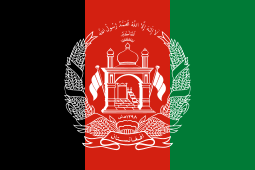


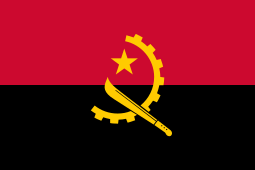




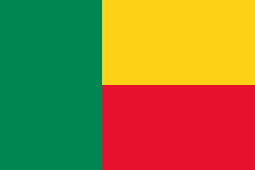
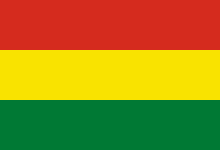


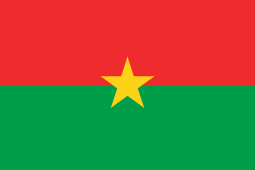
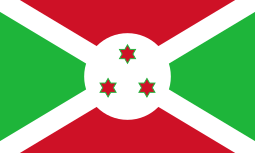
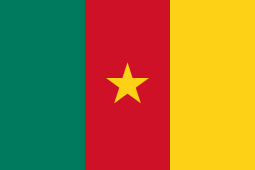
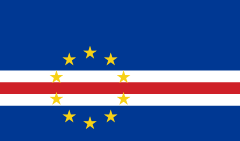
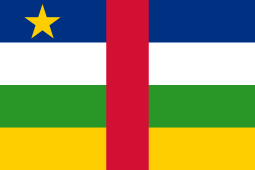




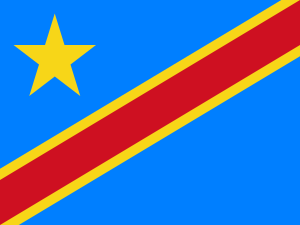
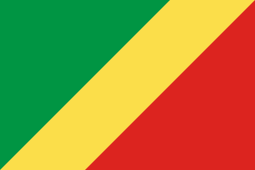
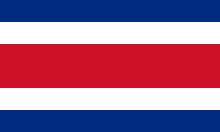





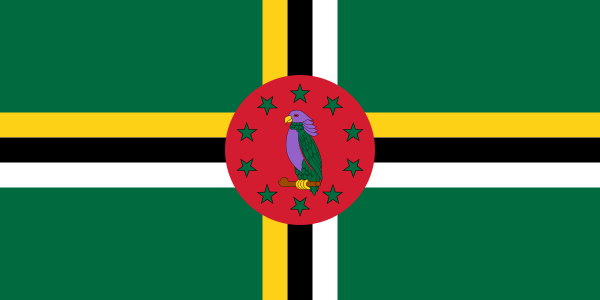




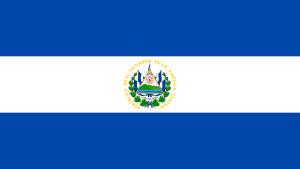
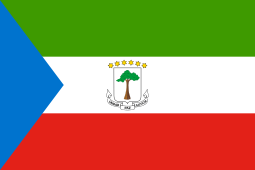


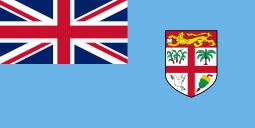


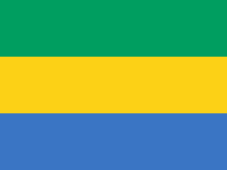
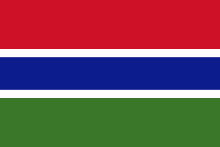



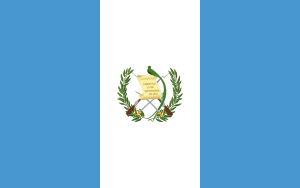
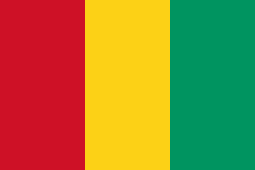
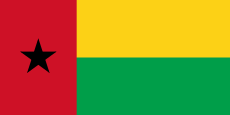
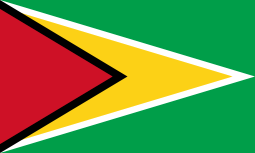
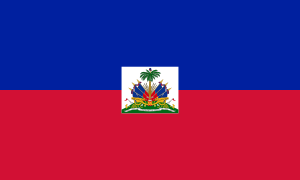
.svg.png)










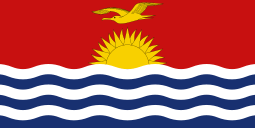


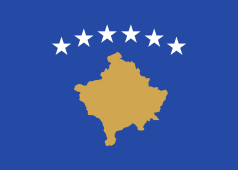
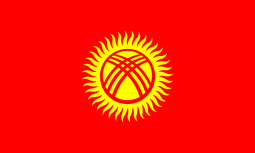
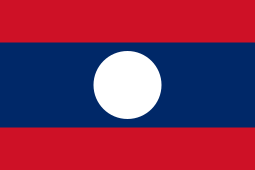


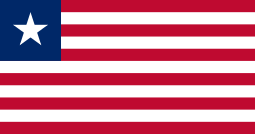
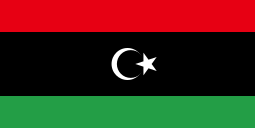

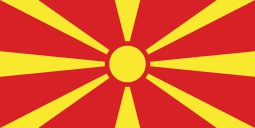
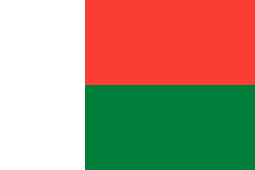
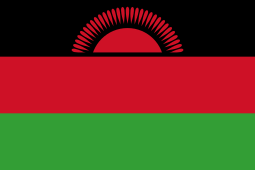
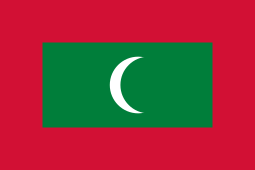
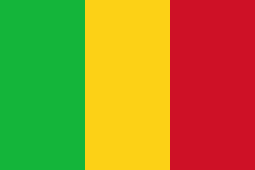


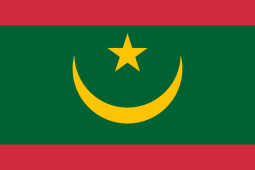
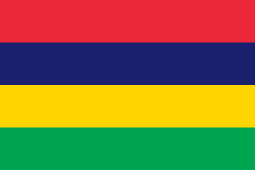
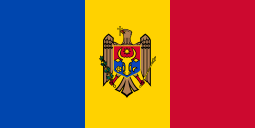
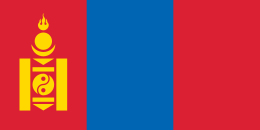

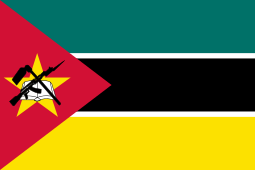

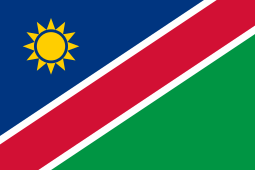


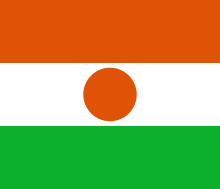



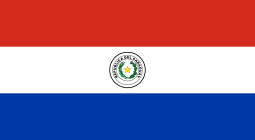





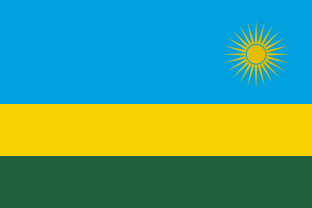

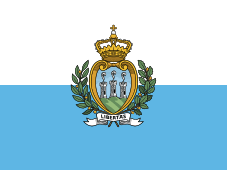
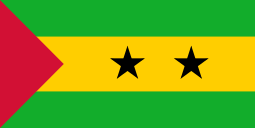
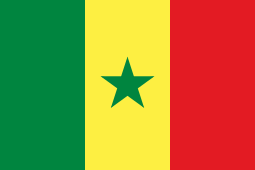

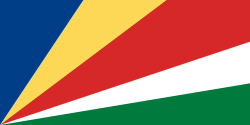






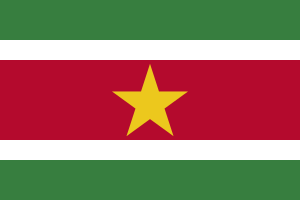


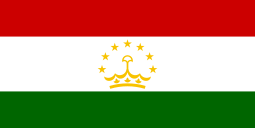
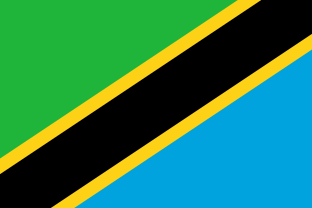
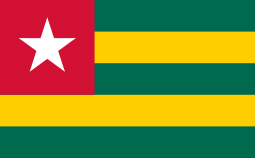
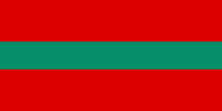
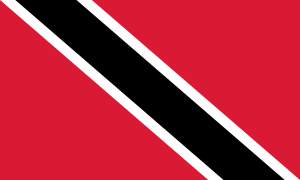


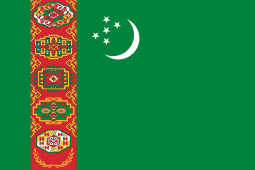



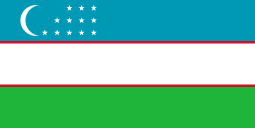
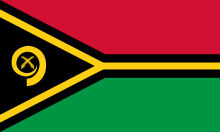


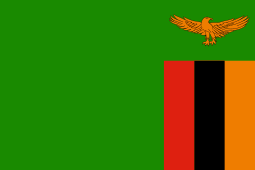
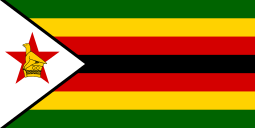
Unitary monarchies
The United Kingdom of Great Britain and Northern Ireland is an example of a unitary state. Scotland, Wales and Northern Ireland have a degree of autonomous devolved power, but such power is delegated by the Parliament of the United Kingdom, which may enact laws unilaterally altering or abolishing devolution (England does not have any devolved power). Similarly in the Kingdom of Spain, the devolved powers are delegated through the central government.
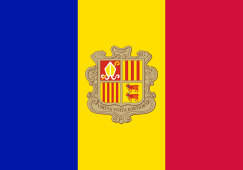
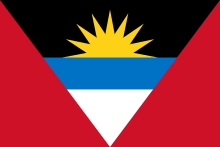

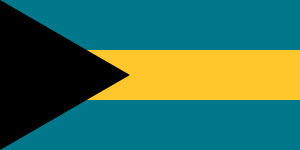
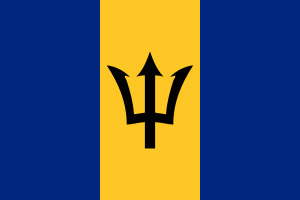
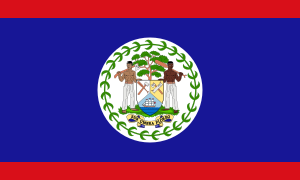
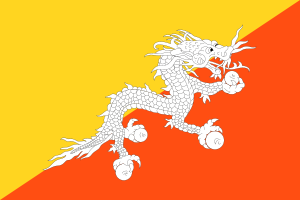
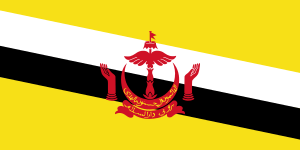
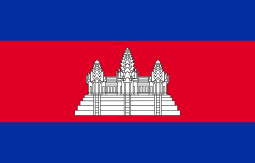

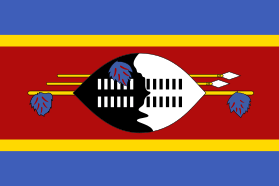
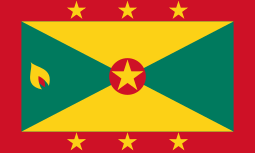
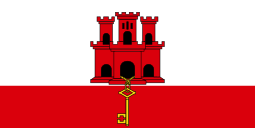
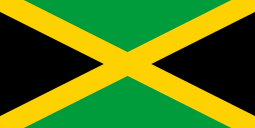


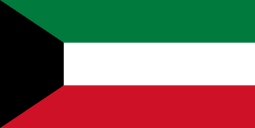
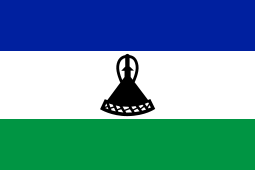
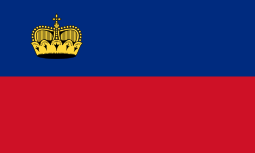






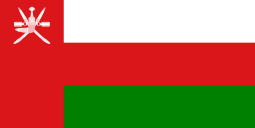
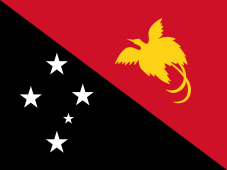









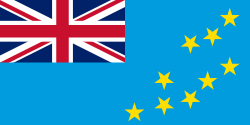

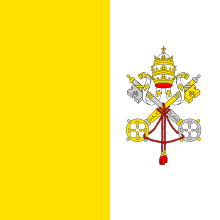
See also
References
- "What is a Unitary State?". WorldAtlas. Retrieved 2019-02-22.
- "Democracy". www.un.org. 2015-11-20. Retrieved 2019-02-22.
- Ghai, Yash; Regan, Anthony J. (September 2006). "Unitary state, devolution, autonomy, secession: State building and nation building in Bougainville, Papua New Guinea". The Round Table. 95 (386): 589–608. doi:10.1080/00358530600931178. ISSN 0035-8533.
- "unitary system | government". Encyclopedia Britannica. Retrieved 2017-08-11.
- Roy Bin Wong. China Transformed: Historical Change and the Limits of European Experience. Cornell University Press.
- "Story: Nation and government – From colony to nation". The Encyclopedia of New Zealand. Manatū Taonga Ministry for Culture and Heritage. 29 August 2013. Retrieved 19 April 2014.
- "Social policy in the UK". An introduction to Social Policy. Robert Gordon University – Aberdeen Business School. Archived from the original on 4 July 2014. Retrieved 19 April 2014.